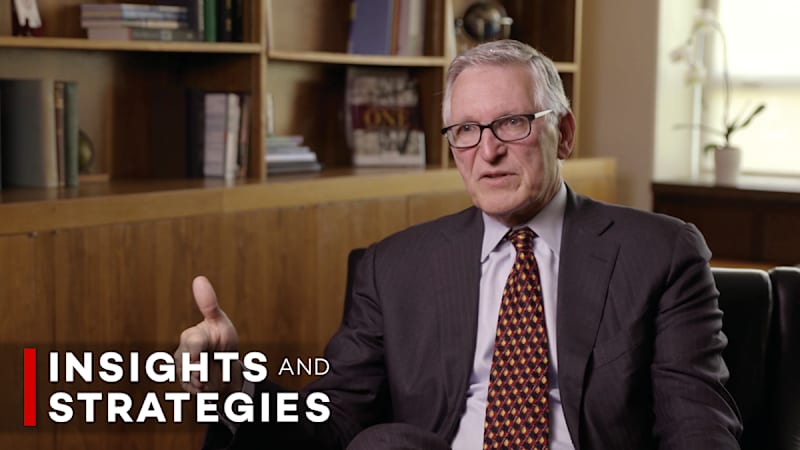What you'll learn
- ["Analyze media's role in exposing wrongful convictions" 'Identify reasons for persistence in wrongful accusations
- Understand human behavior behind false confessions
When a wrongful conviction is exposed, police and lawmakers don’t always apologize. Despite media pressure, people persist in their own idea of the truth.
The media, new technology and the rise of citizen journalism places pressure on police and the courts. Professor Robert Feldman and Eve Ash discuss how sometimes prosecutors and judges are unwilling to apologize over a wrongful conviction, while others despite contrary evidence persist in their own versions of the truth. Professor Feldman attributes this to some people being unwilling to accept they were wrong. True crime podcasts like the Making of a Murder allow more people to pursue and find new truth angles.
This program is one of the Insights and Strategies Series, featuring psychologist Eve Ash interviewing a range of experts and business leaders who share their experiences and practical strategies for achieving best practice.
Click here to get the Transcript.
Business Outcomes
This program is designed to help people learn more about human behavior and why people lie. It also provides an interesting exploration of wrongful convictions, false confessions, misidentification by witnesses and polygraphs.








